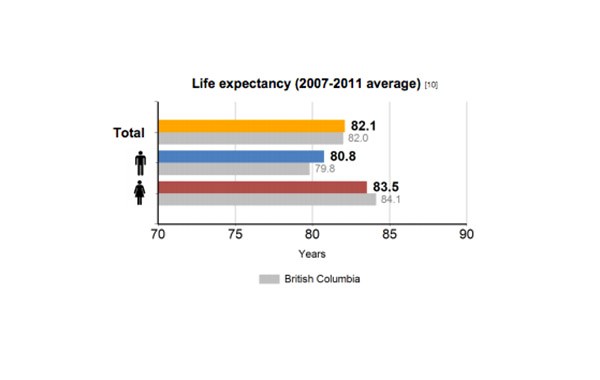The provincial government and Squamish are teaming up to fight mounting healthcare bills with urban planning.
In March, the District of Squamish was awarded $5,000 to examine community health and wellbeing. The money from PlanH -– a partnership between BC Healthy Communities Society and Healthy Families BC – allows municipal staff to examine how local planning and policy influence residents’ health.
Chronic disease is becoming more prevalent within our society, district planner Sarah McJannet said. One in three British Columbians live with one or more chronic conditions, she said. Fifty per cent of adults and 91 per cent of youth do not get health professionals’ recommended level of activity.
“The rate of childhood obesity has tripled since 1978,” she said, noting a massive amount of the provincial budget is spent on health care.
While municipalities don’t play a formal rule in health care delivery, they do play a lead role in community building, McJannet said. Land use planning, design and policies all shape how residents live their lives, she noted.
“At the local government level we can very much respond and assist in terms of physical activity, making sure that our community is socially connected and healthier,” McJannet said.
With Vancouver Coastal Health (VCH), Healthy Communities consultant Heather Evans and the consultants Sustainability Solutions Group at the table, the learning lab aims to set health priorities, establish a local health baseline and create a health lens that officials can use on the community’s upcoming Official Community Plan review. The document update is set for 2015/2016.
“This is really important,” McJannet said, adding input will be sought from the community.
It’s great to see $5,000 stretched and put to good use, Coun. Susan Chapelle said, adding there is much to the study and grants available to build on the work.
“I am grateful that we have all the steps in place to be able to go forward in making an application for that next grant so that we have the resources in place to be able to relate health care to our OCP.”




